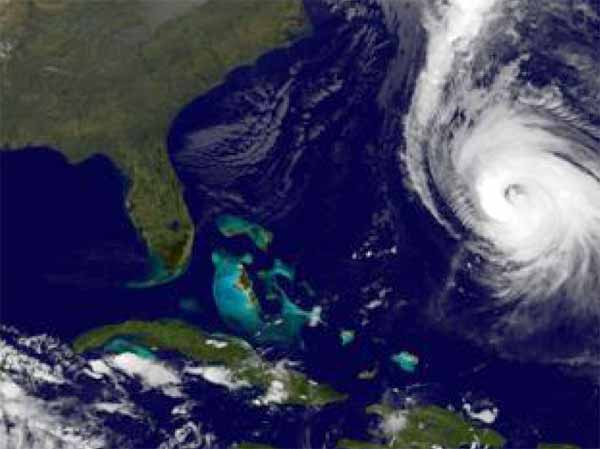HURRICANE Irma has come and gone but not forgotten. Climate change has been on the top of our agenda for years and we should not lose sight of the serious warnings given by Al Gore in 2006 which, unfortunately, President Trump has ignored.
As a proprietor in St. Lucia, I can safely say that the volume of water in one hour’s rain today versus ten years ago is significantly more to the extent that the size of gutterings required to offset roof water is no longer as adequate as it was and over the years we have been forced to increase the outlets or face overflowing problems.
Despite St. Lucia’s reprieve from Hurricane Irma, there are serious consequences to address from our side based on the fact that Miami and Puerto Rico are the main hubs of cruise lines serving the Eastern Caribbean and beyond. This scenario also applies to the airline industry where Texas, Miami, Atlanta and Puerto Rico also remain the hubs for the Eastern Caribbean and beyond.
Secondly, the fact that islands like St. Thomas, St. John’s, Tortola, St. Maarten, Anguilla and Antigua have been severely affected, this automatically reduces the number of cruise passengers who would normally purchase a tour for, say, eight islands at any one time. True enough, islands like Guadeloupe, Martinique, Dominica, St. Lucia, Barbados, St. Vincent, Grenada, Aruba and Curacao were unscathed and can probably fill the void. But passengers who purchased their various itineraries ahead of time will have to be informed accordingly.
On the other hand, since Texas and Florida comprise thousands of customers and these customers suffered major losses at home, they may no longer be in a financial position to fulfil their engagements, automatically reducing the volume of business available to the cruise lines. In total, some fifty cities within Florida alone have been severely affected by the ravages of Hurricane Irma and therein lies the possible economic repercussions.
Will the cruise lines now direct their vessels to the Mediterranean and the Far East and downsize their cruises to the Caribbean to counteract the reduced volume? The next question which remains to be answered is how long will it take to renovate the damaged infrastructure?
The other areas which will be affected are the cost of goods and services as the cost of building materials will escalate and food prices will also rise as the supply will drop and the old story of supply and demand will kick in.
On the other hand, the possibilities of filling a void is wide open to all and sundry as products and services remain in demand. Consequently, individuals who have the appetite for aggression can benefit from that void.
Unfortunately, hurricanes have extended their behaviour to as far as December each year, so we are not yet out of the woods as far as unusual weather conditions are concerned. One of the few options available to us in the region is that of preparation. Consequently, our drains, ravines and waterways should be completely free of all debris since we have no control of the wind speeds swirling around when a hurricane visits our shores.
The mighty America has its hands full at this time based on the billions of dollars in damages and reconstruction activities over the next couple years which will result in a shortfall of aid from that region. The Caribbean may very well have to refocus on the European Union and other First World countries in the interim to ride the economic storm facing our region in the next few years.
(The words of this heading were borrowed from my favourite CNN newscaster, Christopher Charles Cuomo.)













